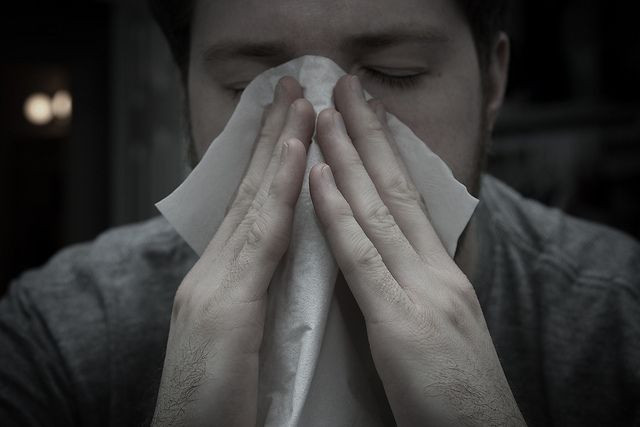Insufficient Sleep Can Increase Susceptibility To The Common Cold, Affect Physical Health

Have you ever gotten a rotten night’s sleep, then woke up the next morning and felt a cold coming on. Then, a few days later, that cold that was coming on turned out to be an actual cold? What was up with that? Well, it seems that a lack of sleep can be the reason behind you getting sick.
A team of researchers from UC San Francisco and the University of Pittsburgh Medical Center have determined that there is a correlation between lack of sleep and the common cold. Publishing their findings in the journal Sleep, the researchers stated that those who got less than six hours of sleep a night were four times more likely to catch a cold than those who managed to sleep for seven hours or more.
The researchers gathered 164 adults over the course of two months for health screenings, questionnaires, and interviews to establish baseline factors like alcohol and cigarette use, stress, and temperament. They tracked the participants’ sleep patterns over a seven-day period using a watch-like sensor that measured the quality and duration of sleep over the course of the night, similar to how some fitness trackers record your sleep. Afterward, the participants were quarantined to a hotel room, given a cold virus via nasal drops and were then monitored for a week, and the researchers collected daily mucus samples to see if the virus had taken hold.
Those participants who slept less than six hours were 4.2 times more likely to get sick, while those who slept fewer than five hours were 4.5 times more likely to get sick. "Sleep goes beyond all the other factors that were measured," Aric Prather, lead author of the study, said in a press release. "It didn't matter how old people were, their stress levels, their race, education or income. It didn't matter if they were a smoker. With all those things taken into account, statistically sleep still carried the day and was an overwhelmingly strong predictor for susceptibility to the cold virus."
Prather said that this experiment gave a better idea of the need for sleep as compared to other experiments, since this study showed people in their natural environment, as opposed to other studies that deprived their subjects of sleep.
Even though there are plenty of articles trumpeting the need for diet and exercise to lead a healthy lifestyle, the researchers felt that the need to get the right amount of sleep was just as important. "In our busy culture, there's still a fair amount of pride about not having to sleep and getting a lot of work done," Prather said. "We need more studies like this to begin to drive home that sleep is a critical piece to our well-being."
If you're not getting your 40 winks every night, we'll show you how to sleep and what positions are best for your brain.
Source: Prather, A, et al. Behaviorally Assessed Sleep and Susceptibility to the Common Cold. Sleep. 2015.



























